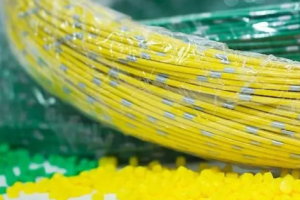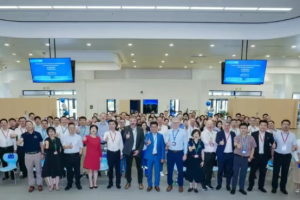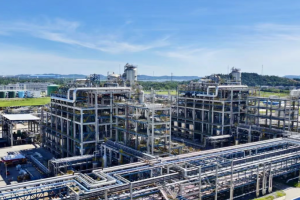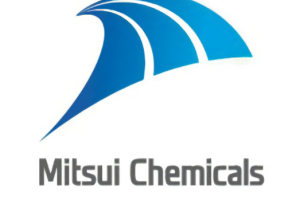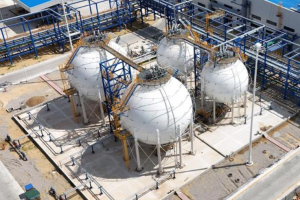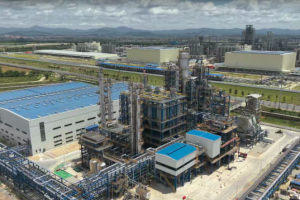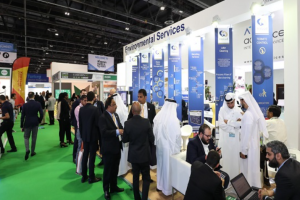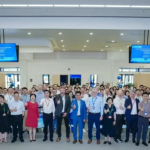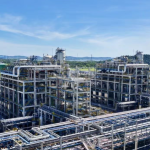May 28, 2025 – While natural grass lawns are often celebrated as symbols of ecological beauty in humanity’s pursuit of green living, few recognize the substantial resource burdens and environmental stresses hidden beneath their vibrant surfaces. From water waste caused by frequent irrigation to potential soil and water contamination from chemical pesticides, and even carbon emissions from lawn mowing, the true cost of maintaining natural turf far exceeds initial perceptions. In this context, artificial turf has emerged as a quiet contender for urban sustainability, valued for its low maintenance, water efficiency, and durability. Yet, with traditional artificial turf predominantly made from petroleum-based plastics, the industry faces a critical challenge: how to achieve a genuine eco-transformation.
A groundbreaking solution has emerged from a collaboration between Dow and Qingdao Bellinturf, aiming to redefine artificial turf’s environmental profile through post-consumer recycled (PCR) resin XUS60924.01. This initiative not only marks a major innovation in artificial turf materials but also signals the deepening integration of circular economy principles in the green building sector.

According to insights from the Color Masterbatch Industry Network, Dow’s PCR resin technology has fundamentally shifted the raw material landscape for artificial turf. Unlike conventional manufacturing methods reliant on virgin linear low-density polyethylene (LLDPE), the XUS60924.01 resin incorporates 100% recycled content, drastically reducing dependence on petroleum resources while driving the circular use of plastic waste. This breakthrough injects new momentum into global circular economy initiatives.
The environmental performance of Dow’s PCR resin is equally striking. Certified by TÜV Rheinland, its Global Warming Potential (GWP) stands at just 0.529 kg CO₂e/kg—compared to the global average of 2.482 kg CO₂e/kg for traditional LLDPE—representing a carbon reduction of up to 78.67% (based on ISO 14067:2018 standards). These figures underscore its exceptional prowess in carbon mitigation.
Notably, Dow has prioritized both sustainability and product integrity. The company has established a rigorous end-to-end quality control system, overseeing every stage from raw material recycling and risk assessment to production and final application. This ensures the PCR resin meets strict environmental standards while maintaining superior physical properties and chemical stability, delivering a reliable and eco-friendly artificial turf solution for consumers.
Looking ahead, the partnership between Dow and Qingdao Bellinturf hints at a greener, low-carbon era for the artificial turf industry. As technology advances and sustainability principles gain broader acceptance, more environmentally friendly and durable artificial turf is set to become a staple in urban green spaces, sports venues, and even residential gardens, contributing significantly to China’s vision of a beautiful, sustainable nation.

